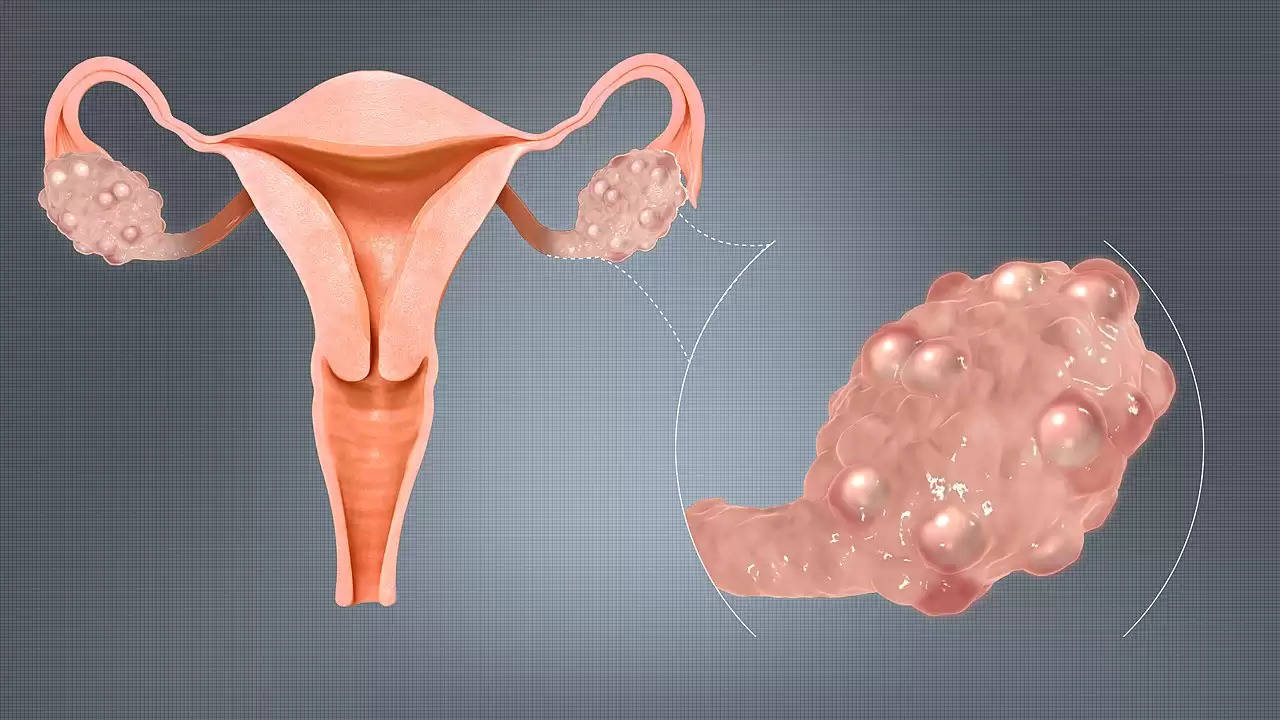These can be different types of polycystic ovary syndrome.

insulin-sensitive PCOS
The prevalence of insulin-sensitive PCOS in women is 70%. In this type of PCOS, insulin resistance occurs when the amount of insulin in the body is higher than normal, also known as hyperinsulinemia. When your cells become numb to the effects of insulin, which leads to an increased amount of pancreatic hormones. secretes until the cells understand what is happening.
You may also gain extra weight in your stomach or abdomen, crave sweets, and have symptoms such as fatigue and brain fog. You can manage the insulin-sensitive type of PCOS by getting regular activity and exercise. Apart from which, choose a balanced diet instead of high-sugar foods.
post-pill pcos
For your information, let us tell you that post-pill PCOS develops when you stop using the oral contraceptive pill. In this type of PCOS, there were no pre-existing symptoms, irregular periods, or excessive hair growth. Post-pill PCOS is caused by a natural increase in androgens that can trigger classic PCOS symptoms after you stop the pill. This can happen in women after stopping the drug for three to six months. This is a temporary condition that may take some time to heal on its own. Proper nutrition, lifestyle adjustments and supplements can help treat the condition more quickly. Along with good sleep and reduced stress, intake of nutrients such as vitamins E, B6, zinc and magnesium can be beneficial.

inflammatory pcos
Inflammatory PCOS is caused by a chronic inflammation that causes the ovaries to produce too much testosterone, causing physical discomfort and problems with ovulation. Eczema, IBS, headaches, joint pain, and unexplained fatigue are all symptoms of inflammation in this type of PCOS. A blood test often reveals high inflammatory markers, such as a high C reactive protein above 5.
For your information, you can manage this type of PCOS by restoring digestive enzyme balance, regulating gut flora, and healing leaky gut tissue. Limit your intake of foods that cause inflammation. Use natural anti-inflammatory substances like turmeric, omega-3 fatty acids, and antioxidants to your advantage.
